After years of battling the Grain Belt Express transmission project proposed to cross the northern half of the state, Missouri law has been made clear by the courts.
A company may not construct an electric transmission line without the permission and approval of the Public Service Commission. An application to the PSC for an electric transmission line must include:
(D) When approval of the affected govern- mental bodies is required, evidence must be provided as follows:
2. A certified copy of the required approval of other governmental agencies;
If any of the items required under this rule are unavailable at the time the application is filed, they shall be furnished prior to the granting of the authority sought.
No person or persons, association, companies or corporations shall erect poles for the suspension of electric light, or power wires, or lay and maintain pipes, conductors, mains and conduits for any purpose whatever, through, on, under or across the public roads or highways of any county of this state, without first having obtained the assent of the county commission of such county therefor; and no poles shall be erected or such pipes, conductors, mains and conduits be laid or maintained, except under such reasonable rules and regulations as may be prescribed and promulgated by the county highway engineer, with the approval of the county commission.
But yet Grain Belt Express is so desperate that it has been pretending in the media, and in a Motion for Waiver or Variance of Filing Requirements at the PSC, that there is still some question about the law and its interpretation. Clean Line is asking the PSC to ignore the law and the courts, and create some new interpretation of the statutes that attempts to circumvent the court's opinion. Clean Line wants the MO PSC to gladly step in front of a speeding bus in order to save Grain Belt Express to fight another day.
Why would the PSC step up to defy the court and waste its resources when Clean Line refuses to help itself? Ameren, the company proposing a transmission line that was the subject of the relevant court case, chose to fall on its sword, instead of pushing the PSC to take the heat. Ameren rerouted its transmission line along existing rights of way with the hope of finally receiving county assent for its project. Grain Belt Express refuses to abide by the interpretation of Missouri law by the courts, and refuses to secure county assents. Clean Line believes it does not need no stinkin' county assents and it threatens to litigate any PSC decision that requires it.
Well, good luck there, Clean Line. Your bravado is laughable. That's big talk for a company who may not have the financial resources to continue this battle. Just last month, Clean Line claimed that a prolonged delay in approval by the PSC would serve as a "defacto denial" of its project.
Nevertheless, the PSC issued an Order this morning setting a briefing schedule on this issue, along with oral arguments for those submitting briefs. The Commission will entertain briefs until July 18, and hear arguments on July 25 at 10:00 am.
Be there or be square!
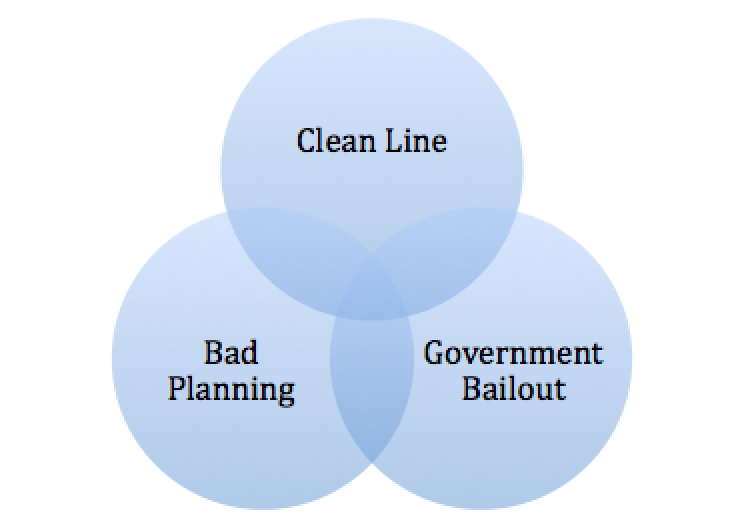
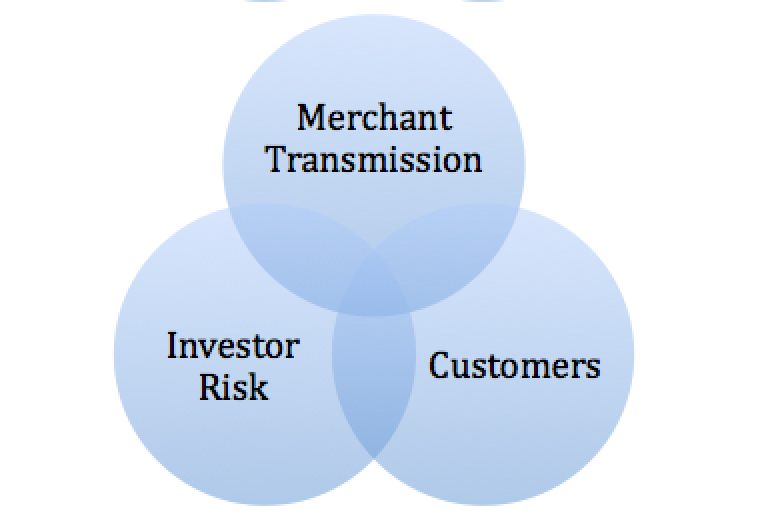
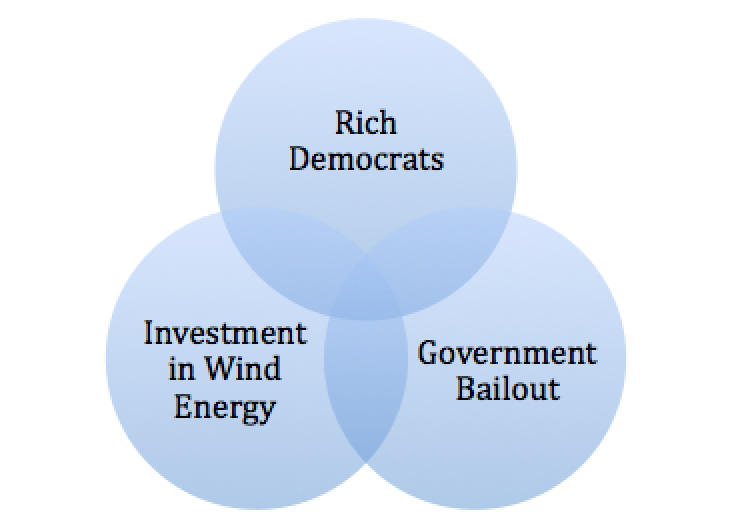
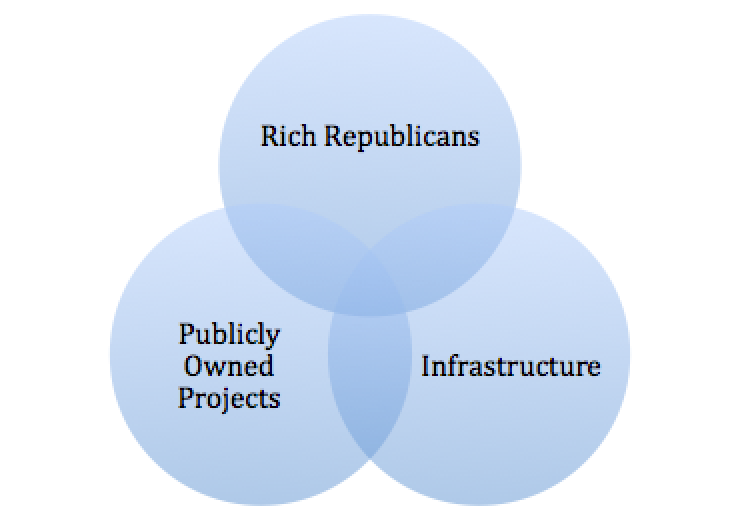
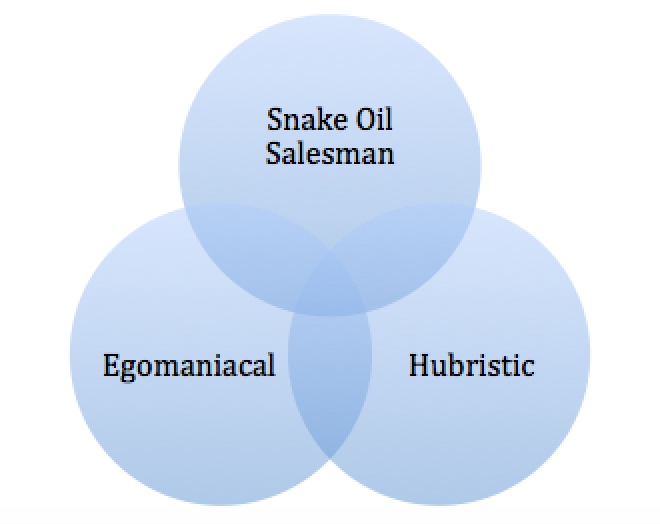
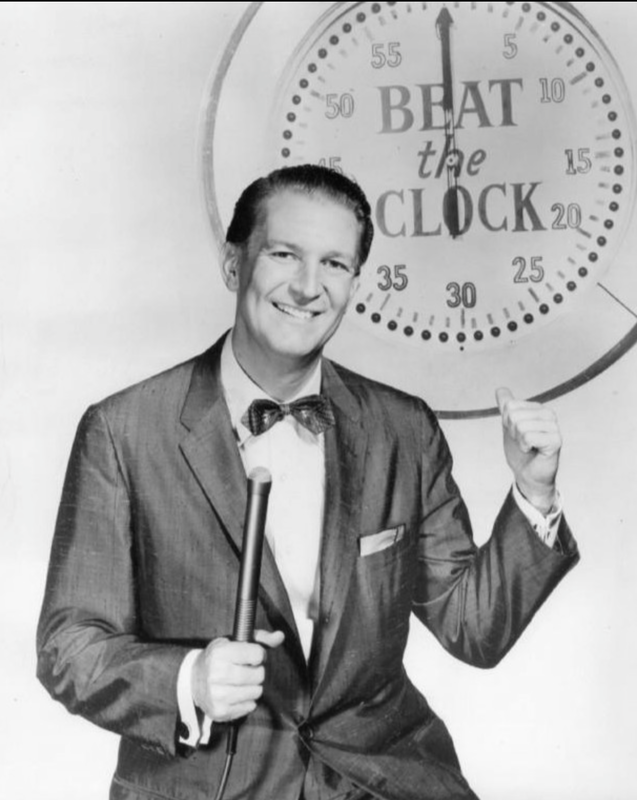


 RSS Feed
RSS Feed